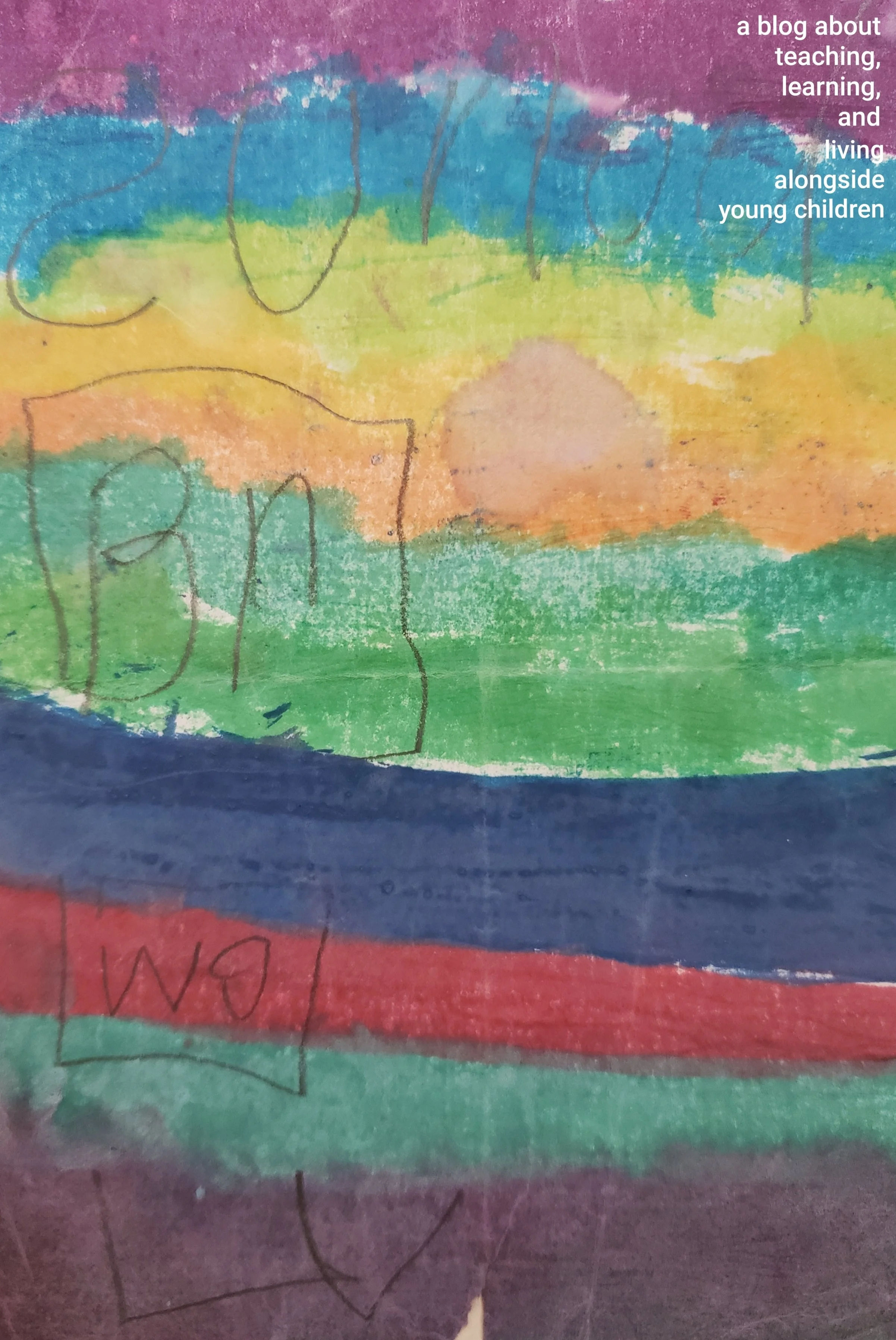Parents, Teachers, There Is No Right Way Right Now
/…Many of us, especially parents and teachers are feeling tremendous pressure to make everything as capital-R right as we possibly can for the children in our lives. Why wouldn’t we? We love and respect the children and childhoods that are entrusted to us. It is literally and figuratively our job to give children consistency, security, and ensure they have everything they need to develop with the best chance of success and well-being.
But what do consistency, security, and development even mean in a life-changing crisis?…
Read More










